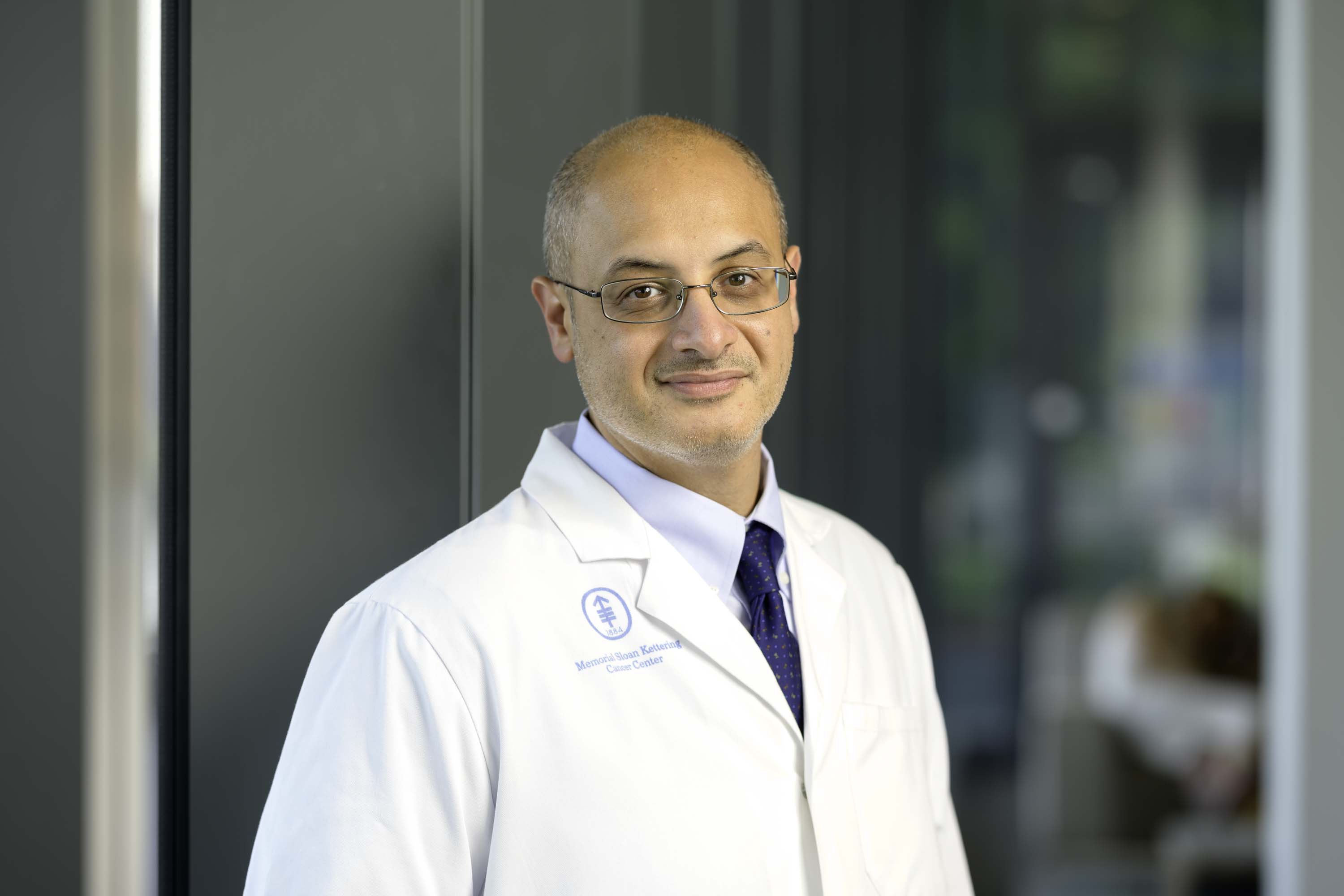
Research
Cellular phenotypic heterogeneity, an important hallmark of cancer, poses a significant hurdle for cancer therapy. The goal of our research program is to understand the biological basis of cell state heterogeneity in solid tumors, in the context of cancer evolution, aging, exercise, and cancer therapies. We study mechanisms of tumor initiation and progression using a combination of proteomic and single-cell genomics approaches, molecular perturbation of gene function, and lineage-tracing and ablation of key cancer cell subsets.
A central tenet of the Tammela laboratory’s work is the development of genetically engineered mouse models of soft tissue sarcoma, lung adenocarcinoma, and pancreatic cancer. To validate candidate drivers of cancer cell plasticity that emerge from single-cell transcriptomics data, we utilize these living systems that recapitulate human cancer progression, enabling us to visualize dynamics of cell state changes over time and characterize interactions between cancer stem-like cells and their niche.
These innovative mouse models support functional testing of strategies to reduce cellular heterogeneity in tumors, with approaches including somatic genome editing or CRISPR-mediated gene activation in novel combinations with pharmacologic treatment. The effects of such perturbations on tumor initiation and development can be assessed by classical histopathological and gene expression analyses, as well as by single-cell approaches. These analyses allow us to directly test the impact of depleting highly plastic, stem-like, or niche-forming cancer cells on tumor heterogeneity, and to identify populations that respond to standard chemotherapies or targeted therapies. Knowledge of pathways that maintain phenotypic heterogeneity in tumors can be leveraged to force cancer cells into states that are more sensitive to therapy, enhancing currently limited treatment options and improving outcomes for cancer patients.
Current Projects:
- Targeting intra-tumoral heterogeneity
- Cancer stem-like cells and their niche
- Aging and exercise in lung cancer
Bio
Dr. Tammela completed medical training and graduate studies at the University of Helsinki, Finland, in the lab of Dr. Kari Alitalo, an internationally renowned leader in the field of vascular biology. During his postdoctoral fellowship at MIT, under the mentorship of Dr. Tyler Jacks, he expanded research into mouse models of cancer, incorporating new advances in gene editing strategies and single-cell sequencing technologies. In 2017 he was appointed Assistant Member in the Cancer Biology & Genetics program at MSKCC and Assistant Professor at WCGS.
Distinctions:
- Mark Foundation Emerging Leader Award (2021)
- American Cancer Society Research Scholar Award (2020)
- Rita Allen Scholar Award (2020)
- NCI R37 MERIT Award (2019)
- V Foundation Scholar Award (2019)
- AACR Next Generation Transformative Research Award (2018)
- Josie Robertson Young Investigator Award, MSKCC (2017)
Selected Publications:
Li Z, Zhuang X, Pan CH, Yan Y, Thummalapalli R, Hallin J, Torborg SR, Singhal A, Chang JC, Manchado E, Dow LE, Yaeger R, Christensen JG, Lowe SW, Rudin CM, Joost S, and Tammela T. Alveolar differentiation drives resistance to KRAS inhibition in lung adenocarcinoma. Cancer Discovery, 2023 Nov 7. Epub ahead of print. PMID: 37931288. DOI: 10.1158/2159-8290.CD-23-0289
Pitter KL, Grbovic-Huezo O, Joost S, Singhal A, Blum M, Wu K, Holm M, Ferrena A, Bhutkar A, Hudson A, Lecomte N, de Stanchina E, Chaligne R, Iacobuzio-Donahue CA, Pe’er D, and Tammela T. Systematic comparison of pancreatic ductal adenocarcinoma models identifies a conserved highly plastic basal cell state. Cancer Research, 82: 3549-3560 (2022). PMID: 35952360; PMCID: PMC9532381; DOI: 10.1158/0008-5472.CAN-22-1742
Torborg S, Li Z, Chan J, and Tammela T. Cellular and molecular mechanisms of plasticity in cancer. Trends in Cancer, 8: 735-746 (2022). PMID: 35618573; PMCID: PMC9388572; DOI: 10.1016/j.trecan.2022.04.007
Marjanovic N, Hofree M, Chan J, Canner D, Wu K, Trakala M, Hartmann GG, Smith O, Kim J, Evans KV, Hudson A, Ashenberg O, Porter CBM, Bejnood A, Subramanian A, Pitter K, Yan Y, Delroy T, Phillips DR, Tsankov A, Shah N,, Chaudhary O, Hollmann T, Rekhtman N, Massion PP, Poirier JT, Mazutis L, Li R, Lee JH, Amon A, Rudin CM, Jacks T†, Regev A†, and Tammela T. Emergence of a high-plasticity cell state during lung cancer evolution. Cancer Cell, 38: 229-246 (2020). PMID: 32707077; PMCID: PMC7745838; DOI: 10.1016/j.ccell.2020.06.012
